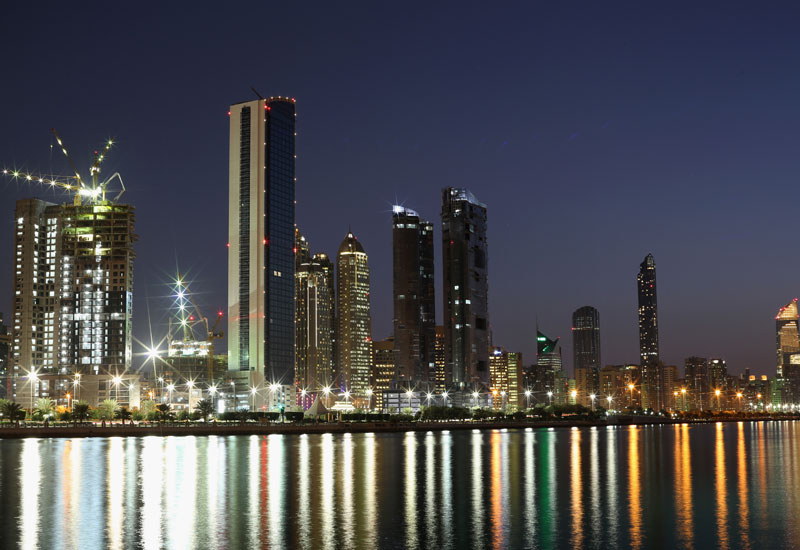 Declining oil prices and softening demand made it a challenging first half of the year for Abu Dhabi hotels.
Declining oil prices and softening demand made it a challenging first half of the year for Abu Dhabi hotels.
For hoteliers in Abu Dhabi, a hospitality market heavily reliant on business from the oil and gas, corporate and government sectors, the first half of 2016 has been a challenging operating period. As oil prices have declined, so too have spending levels. The international leisure segment has been impacted as well, with the stronger dollar meaning visitors have less spending power. As demand has softened, so have rates, with pressure to keep prices down likely to continue even as the season picks up in October.
At TRI Consulting, associate director Christopher Hewett says Abu Dhabi has seen a three percentage-point decline in occupancy in the first half of 2016 to 72.4%.
“When coupled with the 9% drop in average room rates, this has resulted in RevPAR falling 12.6% to US $110.23,” he says. “Softening top line performance has directly impacted profit margins with GOPPAR falling 13.7% to $68.37.”
The situation is compounded by the addition of new inventory, with consultant JLL forecasting that 2,400 new rooms will be added to the market in 2016.
As far as Hewett is concerned, “the hotel market in Abu Dhabi will continue to soften in the second half of 2016 as the continued low oil prices and subdued government and corporate spending impacts demand for the capital’s hotels”.
But what do the hoteliers think? In this report, Hotelier Middle East asks the operators at the coalface to weigh up the current situation and analyse the trends that could have a vital impact on future growth.
First half performance
At one of Abu Dhabi’s most established hotels, Le Royal Méridien Abu Dhabi general manager Max Wiegerinck acknowledges that it has been “a challenging first six months of 2016”. “Many of the hotels in Abu Dhabi are depending on the oil and gas sector for daily business, both in terms of accommodation as well as meetings and events. We’re experiencing significant pressure on rate, as companies are asked to keep tight controls on their spending. By them reducing their spending on hospitality-related services, most hotels have surely felt the impact,” he says.
Wiegerinck expects this scenario to continue into the second half of the year: “We’re expecting relatively stable numbers in terms of occupancy, even though the next two quarters will likely see a number of new hotel openings. Rates will continue to be under significant pressure, with customers shopping around for the best possible offers.” He says he’s “cautiously optimistic” for the “slow recovery” of oil and gas companies, but admits “this is pure speculation”.
Tarek Madanat, director of sales and marketing at Jumeirah at Etihad Towers, which celebrates its fifth anniversary in November 2016, says the hotel business is one of those impacted by the reduced liquidity of oil and gas companies, which are spending less across the board.
To counter this, the hotel has been focused on increasing business from the GCC market overall, with GCC and Middle East guests increasing from 46% to 51% in 2016 so far.
“Of our guests, 74% are business travellers and the rest are here for leisure,” says Madanat. “As for the remaining period of 2016, we anticipate flat growth versus last year, yet the market is declining overall and our focus is to increase market share,” he forecasts.

| Advertisement |








 Search our database of more than 2,700 industry companies
Search our database of more than 2,700 industry companies









